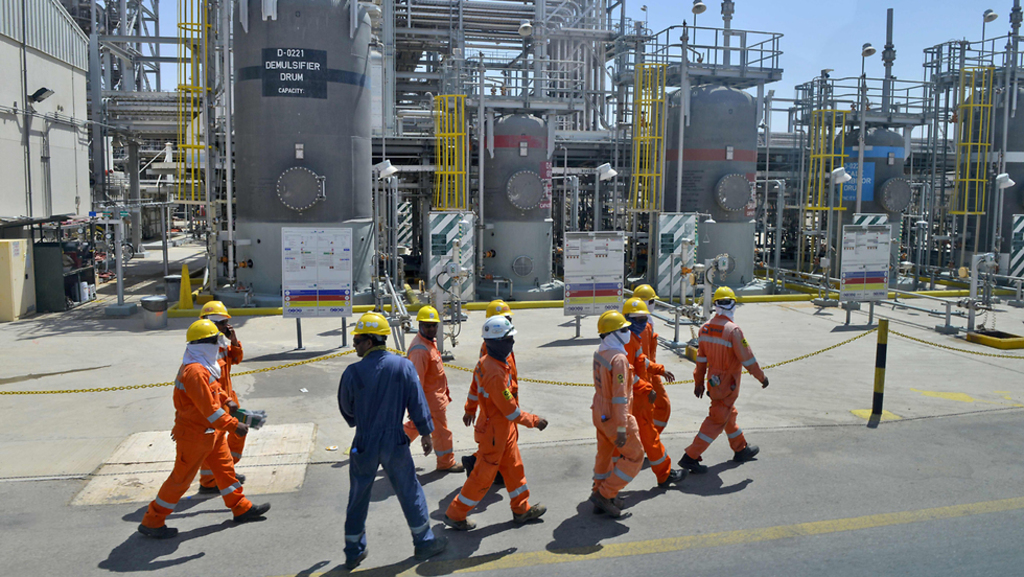An Islamic State spokesman called on the militant group's supporters to target oil pipelines and economic infrastructure in Saudi Arabia over the Gulf state's ties with Israel.
"Targets are plenty ... Start by hitting and destroying oil pipelines, factories and facilities which are the source (of income) of the tyrant government," the spokesman, Abu Hamza al-Muhajir, said in a recorded speech on the militant group's official telegram channel.
He said the kingdom had supported normalization with Israel by opening its airspace for Israeli flights to neighbouring Gulf states.
The threats surfaced as Bahrain has followed the United Arab Emirates in agreeing last month to normalize ties with Israel.
Saudi Arabia, which has Islam's holiest sites and is the world's largest oil exporter, has stressed the need to step up efforts to reach a lasting and sustainable peace agreement among the Palestinians and the Israelis.
On Thursday, Saudi Foreign Minister Prince Faisal bin Farhan Al Saud stressed the kingdom’s support for the Arab Peace Initiative, drawn up by Saudi Arabia in 2002, in which Arab nations offered Israel normalized ties in return for a statehood deal with the Palestinians and full Israeli withdrawal from territory captured in 1967.
"I believe that the focus now needs to be on getting the Palestinians and the Israelis back to the negotiating table. In the end, the only thing that can deliver lasting peace and lasting stability is an agreement between the Palestinians and the Israelis," Saudi Foreign Minister Prince Faisal bin Farhan Al Saud said in a virtual appearance at a U.S. think tank.


